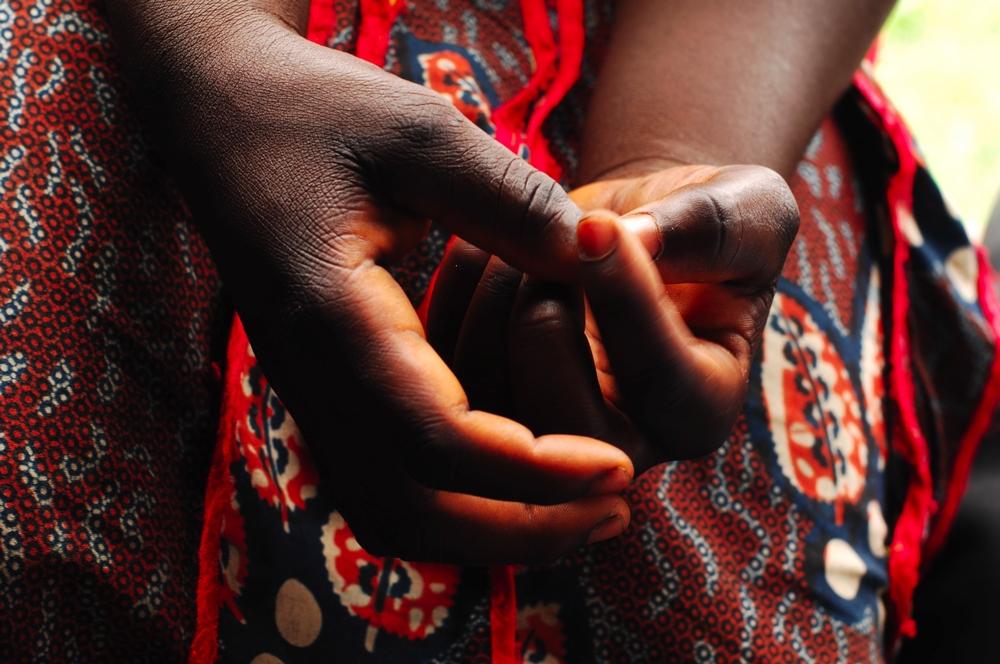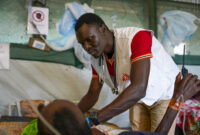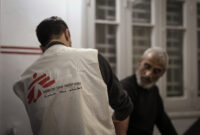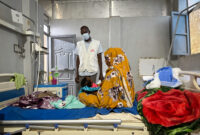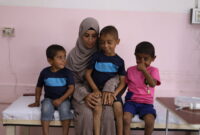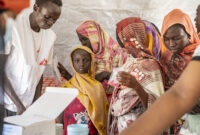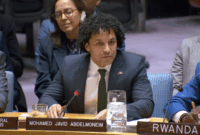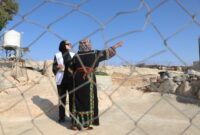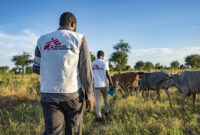Sexual and Gender-Based Violence
Sexual and gender-based violence (SGBV) is a medical emergency.
Doctors Without Borders/Médecins Sans Frontières (MSF) strives to make comprehensive healthcare available to survivors of sexual violence, regardless of their age or gender, in all of our projects.
Sexual violence shatters the lives of millions across the globe. It can occur in any society at any time but often increases in unstable situations, such as conflicts.
Sexual violence is complex and stigmatizing, has long-lasting consequences, and can result in physical and psychological health risks.
In 2018, MSF provided medical care to 24,900 victims of sexual violence.
![]()
What is sexual and gender-based violence?
SGBV encompasses many different acts of violence against women, children and men, ranging from rape to genital mutilation.
In conflict, rape is often used as a weapon or as a reward for soldiers. Rape and other forms of sexual abuse are also used as a means of torture or, in some cases, as a strategy to spread HIV/AIDS within a community.
Medical consequences
SGBV can have a wide variety of medical consequences affecting physical and reproductive health.
Physical injuries can range from stab wounds, fractures and bleeding to vaginal fistulas. People who are sexually abused are also more susceptible to sexually transmitted infections (STIs), such as HIV. STIs are more likely to be transmitted by forced sex as vaginal or anal tears provide an entry for the virus.
Another medical consequence can be unintended pregnancies. According to the World Health Organization, women who have suffered sexual violence are twice as likely to have an abortion. Abortions performed under unsafe conditions often have further consequences for reproductive health.
Psychological consequences
Survivors of sexual violence often suffer from severe and varied psychological effects.
It is common for a person to feel guilty and to think the incident could have been avoided. A loss of control and trust can also affect a survivor’s ability to form relationships with others. These feelings are often accompanied by clinical conditions such as depression, post-traumatic stress disorder and anxiety.
The mental health of someone who has suffered sexual violence can be further deteriorated by stigmatization. In some cultures, survivors are rejected by partners and family members, with some communities even humiliating people who have been raped.
How do we respond?
Medical care:
As sexual violence can occur anywhere at any time, MSF ensures that all of its projects are equipped to handle sexual violence cases.
However, in some places such as Colombia, Kenya and Democratic Republic of Congo, for example, we have projects that are set up specifically to provide treatment to victims of violence, including sexual violence. In these situations, we:
- Prevent against infection (HIV, STIs, Hepatitis B, Tetanus)
- Provide pregnancy tests and emergency contraceptives
- Help to manage unwanted pregnancies
- Provide psychological support
- Treat physical injuries
Our medics urge people to seek treatment within three days of an attack, to not only treat physical injuries but also to prevent disease.
Survivors of rape are given post-exposure prophylaxis to try and prevent possible infections, such as HIV. The sooner the drugs are given the more effective they are. Antibiotics, vaccinations and emergency contraception can also be provided.
Psychological care:
As well as treating physical injuries, MSF also provides psychological support to victims of sexual and gender-based violence.
We provide initial counselling to help patients deal with shock, as well as counselling and follow up care to prevent the development of post-traumatic stress.
Awareness and access to care:
Medical care is central to MSF’s response to sexual violence, but stigma and fear may prevent many victims from coming forward.
A proactive approach is necessary to raise awareness about the medical consequences of sexual violence and the availability of care.
Where MSF sees large numbers of victims – especially in areas of conflict – advocacy aims to raise awareness among local authorities, as well as the armed forces when they are involved in the assaults.
![]()
